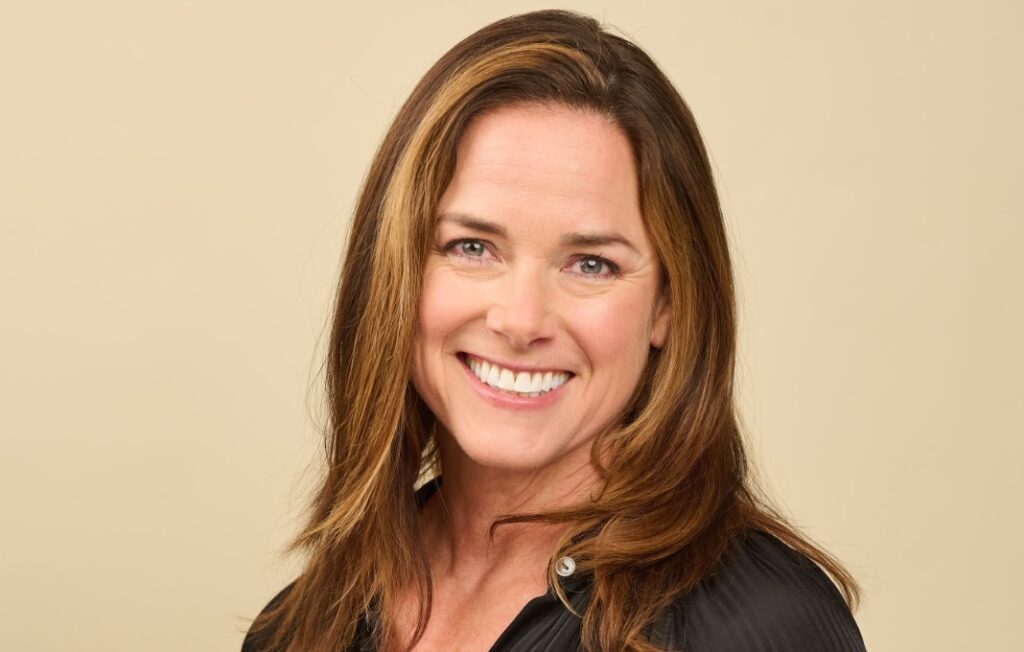Joel Manby developed his Christian “servant leadership” philosophy as CEO of privately held Herschend Family Entertainment and wrote a book about it, then brought those principles to his tenure as chief of publicly held Seaworld—where secular problems such as a tarnished brand and a shareholder activist ended his time at the helm in 2018.
He says that “leading with love” as an expression of a leader’s Christian faith “matches very well with what millennials need today. They want more empathy, more workplace and life balance, and a vision of an entity that goes beyond making money.”
Richard Merrill, president and CEO of Fellowship of Companies for Christ, an Atlanta-based organization with chapters in 30 states and nearly 40 countries, says such approaches come naturally to CEOs with genuine faith. “If you’re running a business by Biblical principles, you should be conducting business with integrity and caring for employees and customers,” he says. “If you do that, it doesn’t become exclusionary or judgmental. It becomes not only what millennials and Generation Z are looking for but also good business practice.”
Khalfan agrees. “My faith isn’t a barrier in any way—it’s just who I am.” She says she runs her company by Islamic values: doing business fairly, being honest, providing value and having good relationships.
This kind of leadership brings challenges, of course. Gniwisch’s company once voluntarily relinquished its legal right to a building it had just purchased in downtown Montreal because the Jewish owner of an adjacent building complained in rabbinical court—not a forum recognized by Canadian law—that he had first right of refusal to the structure.
Rabbi Danielle Eskow, who runs Online Jewish Learning, from Brookline, Massachusetts, and instructs hundreds of students around the world in the Torah, says that it’s difficult to “scale the company and make money while staying consistent with faith-driven values. The company can’t lose money on a student, but we don’t want to turn people away when the mission is to bring people closer to the Jewish experience.”
Not surprisingly, sometimes leading with faith creates opposition and even outright controversy for CEOs. Sheets fired someone for performance recently, but the ex-employee shot back with an accusation of gender and age discrimination—and of hypocrisy by a Christian organization.
“Generation Z might be the first post-Christian generation, certainly in the United States, so you’ve got all of these cultural forces and some legal forces against you,” Merrill says. “If you lead with your faith, you can be subject to various attacks.”
Steve Green, a dedicated conservative Christian and the billionaire founder and owner of Oklahoma City-based Hobby Lobby, a chain of craft and home-goods stores, drew the ire of progressives in 2014 by getting the U.S. Supreme Court to exempt for-profit companies like his from the contraception coverage requirement in Obamacare.
Then Green announced that he was going to build a $500 million Museum of the Bible just three blocks from the U.S. Capitol in Washington, D.C., which opened in 2017. Hobby Lobby had to pay a $3 million fine and return Middle Eastern artifacts after federal prosecutors said the company got caught up in an antiquities-smuggling scheme; Green blamed naiveté.
McMillon’s evangelical views might have caused him to oppose a proposed religious-liberty bill in Arkansas, where Walmart is headquartered, in 2015. Instead, McMillon tweeted that the legislation “threatens to undermine the spirit of inclusion present throughout the state.”
Nonetheless, persevering is an integral part of the experience for CEOs of faith, and so are the rewards. “One reason we’re so successful is that I run the company by my faith and my tradition,” says Eskow. “It makes work every day so much more meaningful and gives me motivation and drive.”
Read more: Nature Nate’s CEO On Turning A Honey Hobby Into A Business








